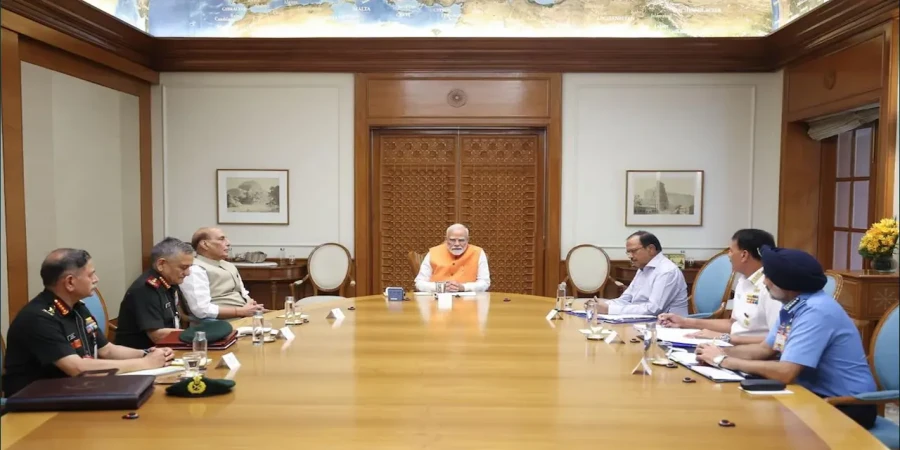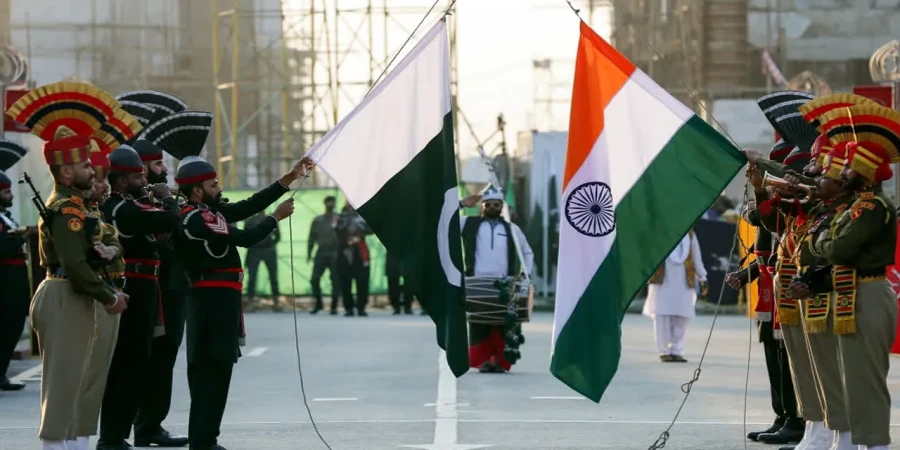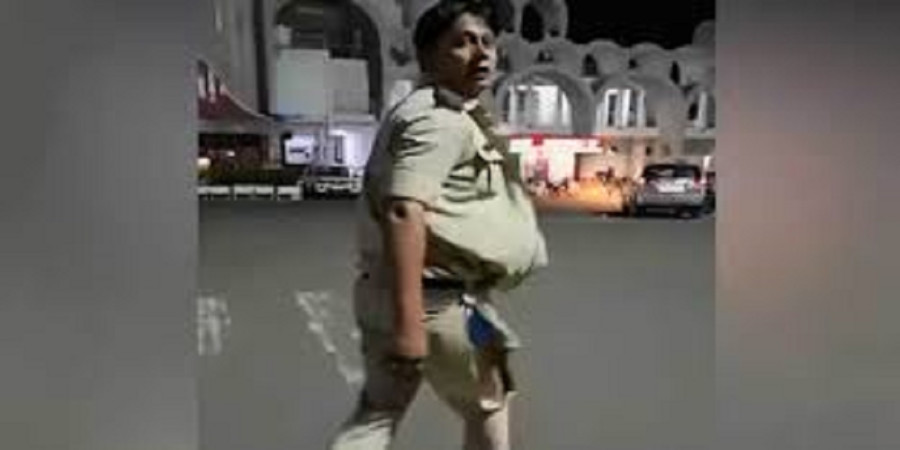
ছবি: Photo: Collected
In the wake of a deadly terrorist attack in Pahalgam, Indian Prime Minister Narendra Modi has granted full operational freedom to the country's armed forces to retaliate in any manner they deem necessary. This announcement follows a high-level emergency meeting held in New Delhi on Tuesday, April 29, and was reported by Indian news outlet NDTV.
The emergency meeting was attended by key figures including Defence Minister Rajnath Singh, National Security Advisor Ajit Doval, and Chief of Defence Staff General Anil Chauhan, among other senior officials. During the meeting, Prime Minister Modi reiterated his government’s unwavering commitment to eradicating terrorism, expressing full confidence in the capabilities of the Indian military.
The attack in Pahalgam, located in the Jammu and Kashmir region, claimed at least 26 lives, the majority of whom were civilians. Security analysts have described the incident as the deadliest since the 2019 Pulwama attack. The Resistance Front, believed to be an affiliate of the banned Pakistan-based militant group Lashkar-e-Taiba, has reportedly claimed responsibility for the assault.
Shortly after Prime Minister Modi’s declaration, Home Minister Amit Shah and Rashtriya Swayamsevak Sangh (RSS) chief Mohan Bhagwat visited the Prime Minister’s residence. It is believed that they discussed the broader national security implications of the attack and considered potential military and diplomatic responses.
India has already taken several diplomatic measures against Pakistan in response to the attack. All visa categories for Pakistani nationals have been suspended, with exceptions granted only to Pakistani Hindus and long-term resident permit holders. As a result, nearly 1,000 Pakistani citizens residing in India are now facing forced repatriation.
Additionally, the Indian government has announced its intention to terminate the Indus Waters Treaty of 1960, which previously allowed Pakistan access to approximately 85% of the shared river system. With control over the water flow now reverting to India, Pakistan has condemned the move as an act of aggression. In retaliation, Pakistan has suspended several bilateral agreements and revoked visas granted to Indian citizens.
Pakistani Defence Minister Khawaja Muhammad Asif, speaking to national media, warned that the coming days could prove highly volatile. He indicated that Pakistan is preparing for a range of scenarios and described the situation as fluid and unpredictable.
Prime Minister Modi has doubled down on his hardline stance in several public addresses, declaring that those who sponsor terrorism will no longer be spared. He stated that the collective resolve of 1.4 billion Indians will break the spine of terror networks. Modi further emphasized that the time has come to eliminate the roots of terrorism entirely, asserting that India no longer bows to fear and will track down every conspirator to deliver justice.
With tensions escalating rapidly, the geopolitical climate in South Asia has grown increasingly unstable. The Indian Prime Minister's decision to grant full autonomy to the military is being seen by analysts as a clear indication of a potentially imminent military response, raising fears of a broader regional conflict.
repoter





